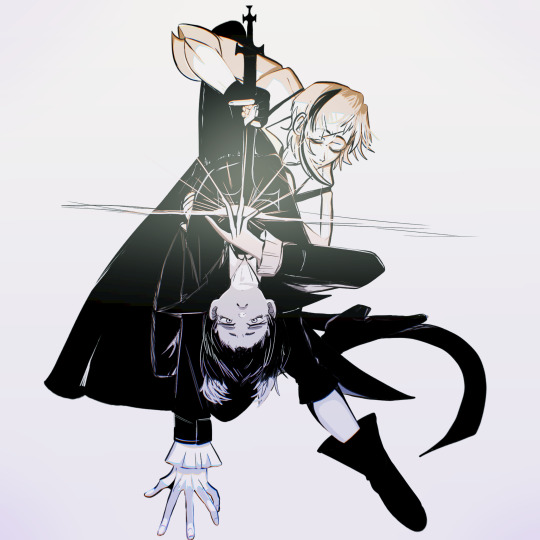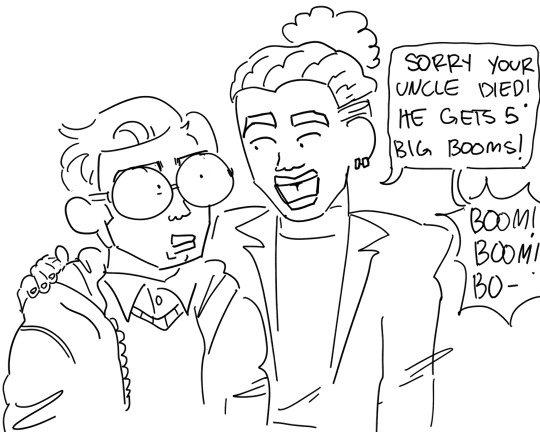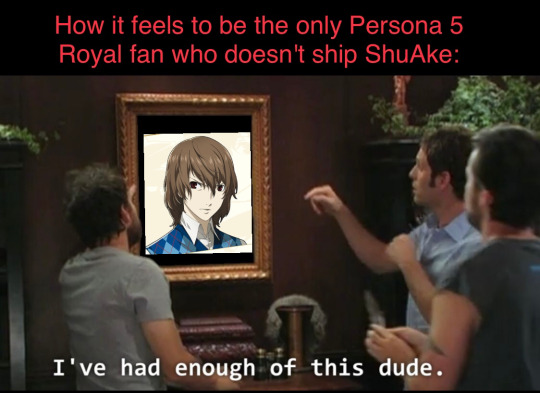☆ resident FOB historian ☆ #1 Harry Osborn apologist ☆ reeseironi like macaroni not pepperoni ☆
Don't wanna be here? Send us removal request.
Text
you know its serious when i’m relating to ariana grande again bro 😭
0 notes
Text
you get it
Raimiverse Parksborn are gayer but TASM Parksborn are more homoerotic if that makes any sense
190 notes
·
View notes
Text
this is insane work but good for you
I know plenty of y'all don't like Your Friendly Neighborhood Spider-Man [the show] because y'know, how its Peter's VA said something douchey and all, but like, I feel as though that, just for a second, it's important for me to share with yall that when Harry first shared his first name, I had forgotten that Harry Osborn existed.
Therefore, for a few minutes I lived in a beautiful world where in the newest canonical Spiderman dimension in the multiverse, Mary Jane was a confirmed POC male, genderbent with the rhyming name Harry (keeping the reddish hair to maintain a recognizable trait) and this version of Peter Parker was going to be confirmed bisexual in a later love plot as he grows beyond his crush on Pearl, which explained why Harry was in so much of the marketing.
And then I remembered Harry Osborn existed and then I fell to my knees realizing the dream was never real and yet...
Moral of the story is I still want them to kiss, and also Parksborn solos
185 notes
·
View notes
Text
hey so you can feel whatever you want ship and let ship but you don’t gotta tag zutara you can tag anti zutara instead bc i’m just trying to peacefully scroll 🙏
zutara shippers the type of ppl to have a crush on their friends older brother and then never move on from it bc how are you 23 still shipping poorly disguised zuko x femreader
92 notes
·
View notes
Text
everytime i see my favorite harry osborn drawn i add 10 years to my lifespan

Was going through my notebook for school and found a bunch of sketches I never posted, so here they are now
Third post from the notebook, this time I think I just wanted to do a rough sketch of the 3 movie Spideys n their crew in my style, I don’t really remember
88 notes
·
View notes
Text
this takes me back to the pandemic #those who know





feeling silly tonight so here’s my old Kam art from ~2018-2019 in all their wonky glory…. It’s hard looking at my old art because I think they’re a mess lmaooo but I thought I’d share anyway
102 notes
·
View notes
Text
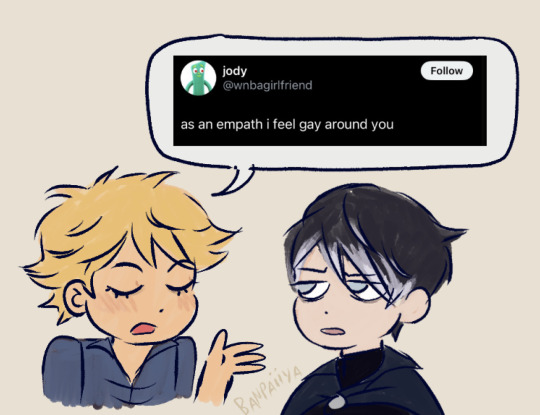
dude just say you have a crush like a normal person
255 notes
·
View notes
Text
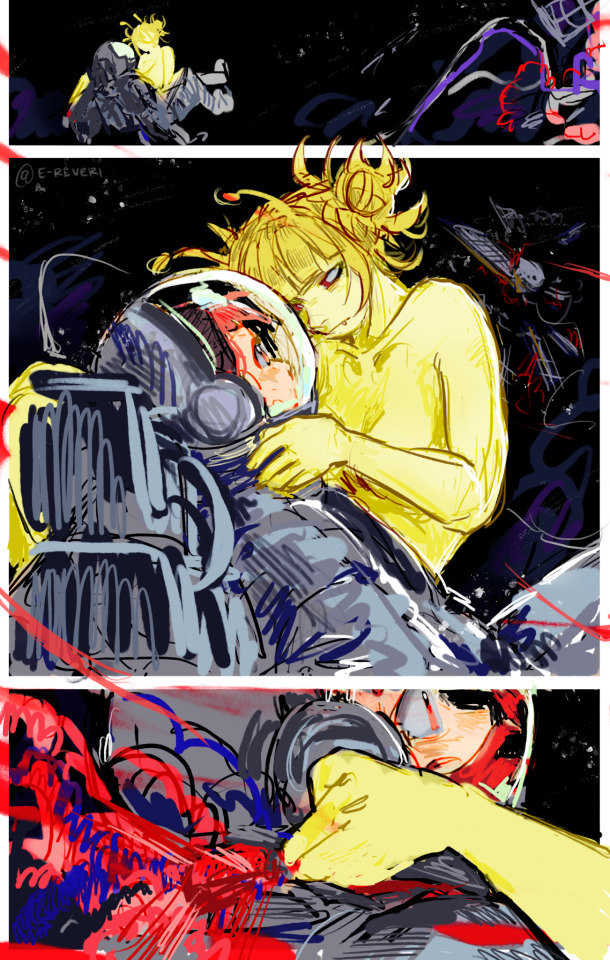
I’m back- and with more tgchk !! ft my very messy art lmao
1K notes
·
View notes
Text

Day 7: Free Day! ❤️💛
Have some pegorYURI!! ✨️ @pegoryu-week
488 notes
·
View notes
Text
PARKSBORN IS BACK BABYYYYY

I am back from spider-man yaoi jail and I am proud to say I have NOT changed my ways
922 notes
·
View notes
